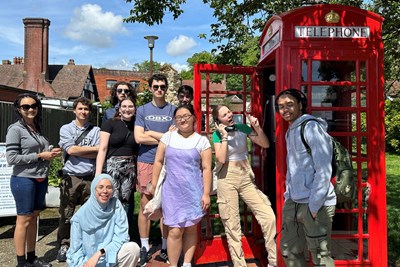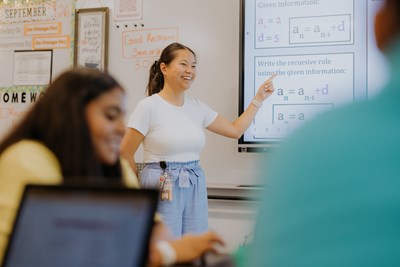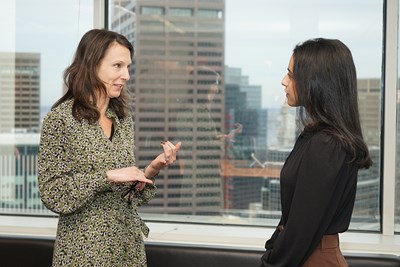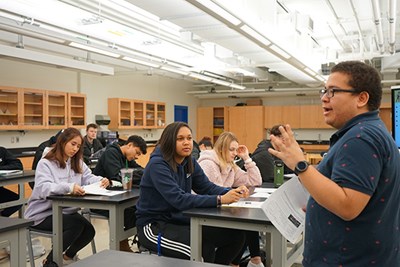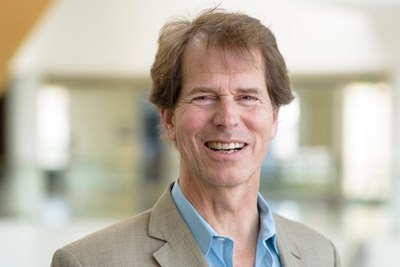
New Mathematics & Statistics Program Addresses Growing Demand for Actuarial Talent
The actuarial studies program prepares students to protect the financial stability of businesses and individuals, whether at insurance companies, consulting firms, government agencies or financial institutions.

